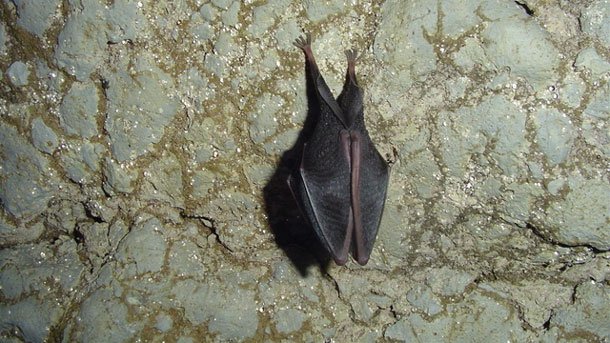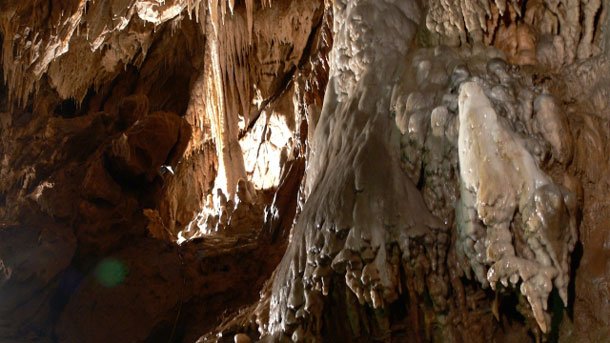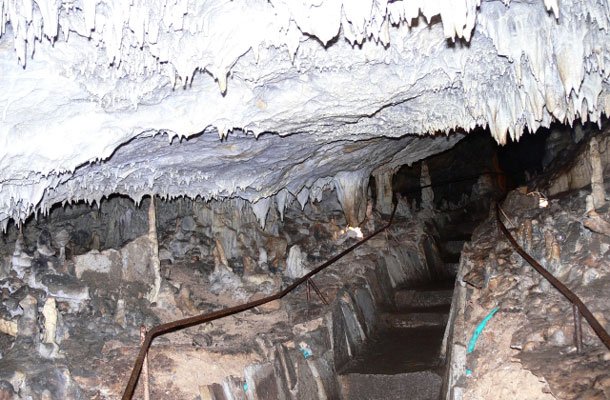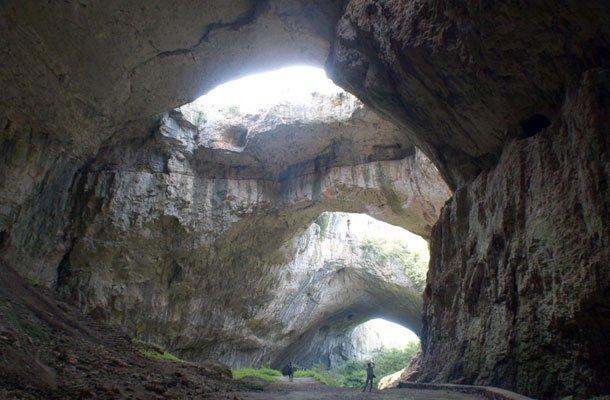
© Photo: imagesfrombulgaria.com

© Photo: BGNES

© Photo: imagesfrombulgaria.com

© Photo: imagesfrombulgaria.com

© Photo: BGNES
Two graduates of the Bulgarian School "Saints Cyril and Methodius" in Jordan presented their achievements at an event at their school "Hadi al Muhammadi" in Amman. The photo, published on the Bulgarian school's Facebook page , shows third graders..
Radmila Sekerinska from North Macedonia appointed NATO Deputy Secretary General NATO Secretary General Mark Rutte has appointed Radmila Sekerinska from North Macedonia as the next NATO Deputy Secretary General. “I am happy to announce..
The traditional Bulgarian Christmas picnic, organized by the Bulgarian Cultural and Social Association "Rodina - Sydney" and the Bulgarian School "Dr. Petar Beron", will take place on December 8 , 2024 in St. Leonards Park in Sydney. "We have..
Nuredin Nuredinaj comes from the historical-geographical region of Gòra in Northeastern Albania, where 90% of the inhabitants identify themselves as..

+359 2 9336 661
